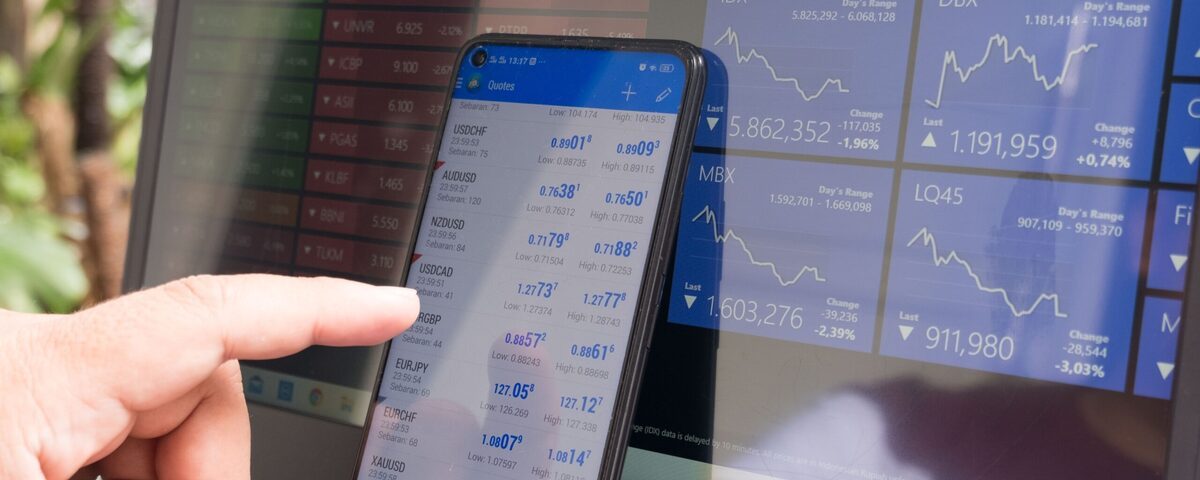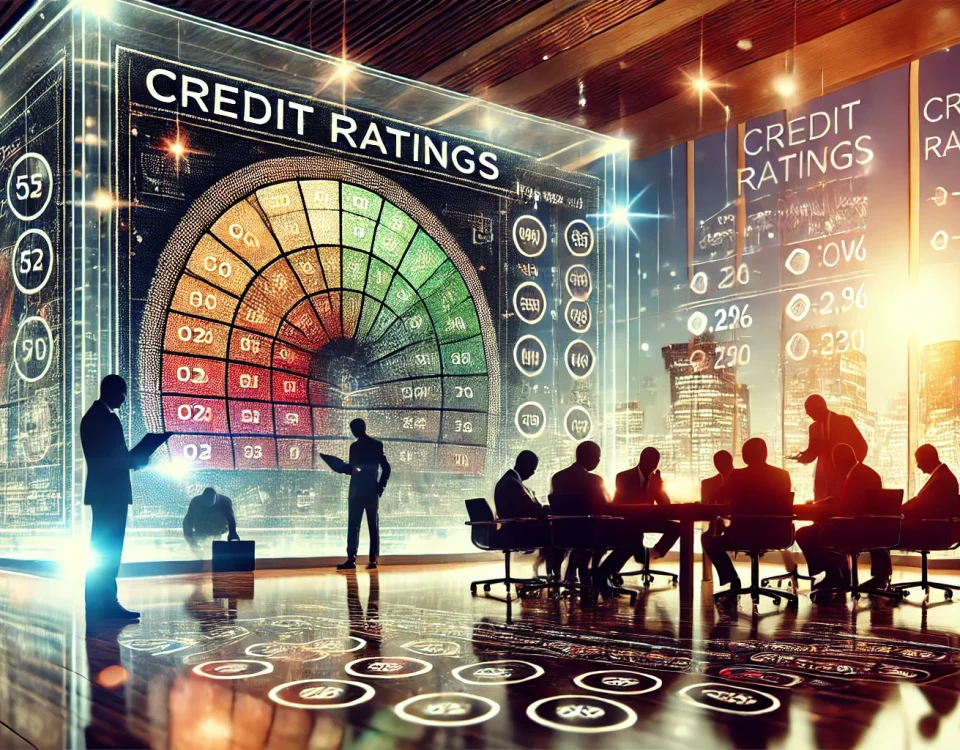
Currency Correlation in Forex Trading: A Comprehensive Guide
18/07/2024
How to Use Trend Lines in Forex: A Comprehensive Guide
18/07/2024Impact of Geopolitical Events on Forex: A Comprehensive Guide
Introduction to Geopolitical Events in Forex Trading
Geopolitical events significantly influence the Forex market, as they can create uncertainty, affect investor sentiment, and lead to substantial volatility in currency values. Understanding how these events impact the Forex market is crucial for traders aiming to make informed decisions and effectively manage risk. This comprehensive guide will explore the various types of geopolitical events, their effects on Forex trading, and strategies traders can use to navigate these market conditions. By the end of this article, you will have a thorough understanding of the impact of geopolitical events on Forex and how to incorporate this knowledge into your trading strategies.
What Are Geopolitical Events?
Geopolitical events refer to political and economic occurrences on a global scale that can influence financial markets, including the Forex market. These events often involve government actions, political instability, international conflicts, and economic policies that affect countries’ relationships and economic stability.
Types of Geopolitical Events
- Elections and Political Changes: National elections, changes in government, and political instability can lead to uncertainty in the markets.
- International Conflicts and Wars: Armed conflicts, wars, and military actions can cause significant volatility in currency markets.
- Trade Agreements and Disputes: Changes in trade policies, tariffs, and trade agreements can impact currencies by affecting economic relationships between countries.
- Economic Sanctions: Imposition or lifting of economic sanctions can influence currency values by affecting a country’s economic stability and trade relationships.
- Natural Disasters: Major natural disasters can disrupt economies, leading to shifts in currency values.
- Pandemics and Health Crises: Global health crises, such as the COVID-19 pandemic, can have profound impacts on economies and currency markets.
How Geopolitical Events Impact Forex Markets
1. Market Sentiment and Risk Appetite
Geopolitical events often affect market sentiment and risk appetite. During periods of uncertainty, investors tend to move away from riskier assets and seek safe-haven currencies, such as the US Dollar (USD), Swiss Franc (CHF), and Japanese Yen (JPY). Conversely, when geopolitical tensions ease, investors may seek higher-yielding currencies and riskier assets.
Example: Brexit Referendum
The Brexit referendum in 2016 created significant uncertainty in the markets. As a result, the British Pound (GBP) experienced high volatility, and investors moved towards safe-haven currencies like the USD and JPY.
2. Interest Rate Expectations
Geopolitical events can influence central banks’ monetary policies and interest rate decisions. For instance, political instability or economic sanctions may prompt central banks to adjust interest rates to stabilize their economies.
Example: US-China Trade War
The US-China trade war led to economic uncertainties, prompting the Federal Reserve to lower interest rates to support the US economy. This, in turn, affected the value of the USD against other currencies.
3. Economic Performance and Data
Geopolitical events can disrupt economic activities, impacting key economic indicators such as GDP, employment, and inflation. These disruptions can lead to shifts in currency values as traders adjust their expectations based on economic performance.
Example: COVID-19 Pandemic
The COVID-19 pandemic severely disrupted global economies, leading to massive job losses and economic contractions. The resulting uncertainty and economic impact led to significant volatility in currency markets.
4. Trade Balances and Commodity Prices
Geopolitical events can affect trade balances and commodity prices, which in turn impact currency values. For example, a country heavily reliant on oil exports may see its currency value fluctuate with changes in oil prices due to geopolitical tensions.
Example: Middle East Tensions and Oil Prices
Tensions in the Middle East, a major oil-producing region, can lead to fluctuations in oil prices. Higher oil prices can benefit oil-exporting countries’ currencies, such as the Canadian Dollar (CAD), while negatively impacting oil-importing countries’ currencies.
5. Capital Flows and Investment
Geopolitical events can influence capital flows and foreign investment. Political stability attracts foreign investment, while instability can lead to capital outflows, impacting currency values.
Example: Political Instability in Emerging Markets
Political instability in emerging markets can lead to capital outflows as investors seek safer investments. This can result in the depreciation of the affected countries’ currencies.
Strategies for Trading Forex During Geopolitical Events
1. Stay Informed and Monitor News
Staying informed about geopolitical developments is crucial for Forex traders. Regularly monitor news sources, economic calendars, and geopolitical analysis to understand the potential impacts on currency markets.
2. Use Safe-Haven Currencies
During periods of heightened geopolitical risk, consider trading safe-haven currencies like the USD, CHF, and JPY. These currencies tend to appreciate during times of uncertainty as investors seek safety.
Example: Trading USD/JPY During Geopolitical Tensions
If geopolitical tensions rise, consider entering a long position on USD/JPY, anticipating that the JPY will strengthen as a safe-haven currency.
3. Hedge Your Positions
Hedging can help protect your positions from adverse movements caused by geopolitical events. Use hedging instruments like options, futures, or negatively correlated currency pairs to mitigate risk.
Example: Hedging with Options
If you have a long position in GBP/USD, you can buy a put option on GBP/USD to hedge against potential downside risks due to geopolitical events.
4. Diversify Your Portfolio
Diversifying your trading portfolio across different currency pairs and asset classes can reduce the impact of geopolitical events on your overall performance. Consider including commodities, indices, and bonds in your portfolio.
Example: Diversifying with Commodities
Include commodities like gold in your portfolio, which tend to perform well during geopolitical uncertainties, providing a hedge against currency risks.
5. Use Technical Analysis
Combine technical analysis with fundamental analysis to identify potential entry and exit points. Technical indicators can help confirm trade signals and provide insights into market trends.
Example: Using Moving Averages
Use moving averages to identify trends and potential reversal points. For instance, if the 50-day moving average crosses above the 200-day moving average (golden cross), it may signal a buying opportunity.
6. Implement Stop-Loss Orders
Using stop-loss orders is essential to protect your capital during volatile market conditions. Set appropriate stop-loss levels to limit potential losses if the market moves against your position.
Example: Setting Stop-Loss Levels
If you enter a long position on EUR/USD at 1.1200, set a stop-loss order at 1.1100 to limit potential losses to 100 pips.
Case Studies: Geopolitical Events and Their Impact on Forex
Case Study 1: The Brexit Referendum
Background
In June 2016, the United Kingdom held a referendum to decide whether to remain in or leave the European Union. The unexpected result in favor of leaving the EU (Brexit) caused significant uncertainty and volatility in the Forex market.
Impact on Forex
- The British Pound (GBP) plummeted against major currencies, including the USD and EUR.
- Investors moved towards safe-haven currencies like the USD, JPY, and CHF.
- Increased market volatility and uncertainty led to significant trading opportunities.
Trading Strategy
Traders could have taken short positions on GBP/USD and GBP/EUR, anticipating the depreciation of the GBP. Additionally, they could have entered long positions on safe-haven currencies such as USD/JPY and USD/CHF.
Case Study 2: US-China Trade War
Background
The US-China trade war began in 2018, involving a series of tariffs and trade barriers imposed by both countries. The trade tensions created significant uncertainty in the global economy.
Impact on Forex
- The Chinese Yuan (CNY) depreciated against the USD due to economic uncertainties.
- Safe-haven currencies like the JPY and CHF appreciated as investors sought safety.
- Commodity currencies like the AUD and NZD faced pressure due to their trade exposure to China.
Trading Strategy
Traders could have taken short positions on USD/CNY and long positions on USD/JPY and USD/CHF to capitalize on the appreciation of safe-haven currencies. Additionally, short positions on AUD/USD and NZD/USD could have been profitable due to their trade exposure to China.
Case Study 3: COVID-19 Pandemic
Background
The COVID-19 pandemic, which began in early 2020, had a profound impact on global economies and financial markets. The pandemic led to widespread lockdowns, economic disruptions, and unprecedented government interventions.
Impact on Forex
- The USD initially strengthened as a safe-haven currency.
- Commodity currencies like the CAD, AUD, and NZD faced pressure due to economic disruptions.
- The EUR and JPY saw increased volatility as central banks implemented monetary stimulus measures.
Trading Strategy
Traders could have taken long positions on USD/CAD, USD/AUD, and USD/NZD to capitalize on the strengthening USD. Additionally, monitoring central bank actions and economic data releases could have provided trading opportunities in EUR/USD and USD/JPY.
Best Practices for Trading During Geopolitical Events
1. Stay Updated on Global Developments
Regularly monitor news sources, economic calendars, and geopolitical analysis to stay informed about global developments. Understanding the potential impacts of geopolitical events on currency markets is crucial for making informed trading decisions.
2. Use a Multi-Strategy Approach
Combine multiple trading strategies, including technical analysis, fundamental analysis, and sentiment analysis, to gain a comprehensive view of the market. This multi-strategy approach can help you identify trading opportunities and manage risk effectively.
3. Maintain a Trading Journal
Keeping a trading journal helps you track your trades, analyze performance, and identify areas for improvement. Documenting your trades during geopolitical events can provide valuable insights into how these events impact your trading decisions.
4
. Practice Risk Management
Implement effective risk management strategies, including setting stop-loss orders, position sizing, and diversifying your portfolio. Managing risk is essential to protect your capital during volatile market conditions.
5. Be Prepared for Volatility
Geopolitical events can lead to sudden and significant market movements. Be prepared for increased volatility and adjust your trading strategies accordingly. Use technical indicators to identify potential entry and exit points and set appropriate stop-loss levels.
6. Stay Flexible
Be flexible and adaptable in your trading approach. Geopolitical events can create unpredictable market conditions, so being able to adjust your strategies based on changing circumstances is crucial for success.
Conclusion
Geopolitical events play a significant role in shaping the Forex market, creating opportunities and risks for traders. Understanding the impact of these events on currency values is essential for making informed trading decisions and effectively managing risk. By staying informed about global developments, using a multi-strategy approach, and practicing sound risk management, traders can navigate the challenges posed by geopolitical events and capitalize on the opportunities they present. Whether you are a beginner or an experienced trader, incorporating knowledge of geopolitical events into your trading toolkit can enhance your trading performance and help you achieve your financial goals in the dynamic world of Forex trading.



